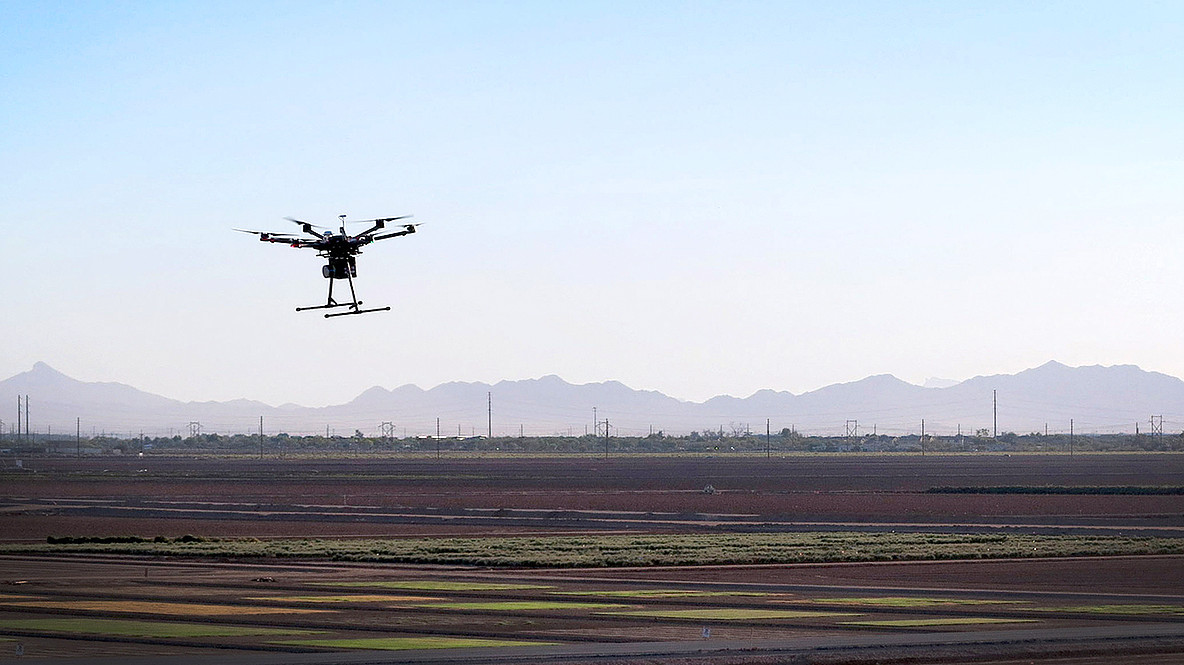By Dana Hull – Bloomberg Technology
October 19, 2017
-
Near Earth spun out of Carnegie Mellon’s Robotics Institute
-
Aerospace companies increasing support for new technologies

Boeing Co. is investing in Pittsburgh-based Near Earth Autonomy, a self-guided drone startup, marking its first financial backing for a company specializing in autonomous technology since establishing the HorizonX venture fund in April.
Boeing, the world’s largest aerospace company, declined to specify the size of the investment. Near Earth Autonomy authorized the sale of about $10 million in equity, which would value the company at $40 million to $50 million, according to an estimate by private stock market operator Equidate. HorizonX typically makes investments “that span the single millions up to the low teens,” a spokeswoman said.
While automakers have been investing in or acquiring autonomous driving startups, a similar pattern has started to emerging in aerospace. Last week, Boeing announced it is acquiring Aurora Flight Services, a drone pioneer that is helping to develop flying taxis for Uber Technologies Inc. Boeing is also an investor in Zunum Aero, a hybrid-electric airplane company. Competitor Airbus SE has formed a division called “Urban Air Mobility” that is exploring technology from on-demand helicopter rides to delivery drones.
“Sometimes it makes more sense to fly than to drive, because you can just hop over things,” said Sanjiv Singh, Near Earth Autonomy’s chief executive officer. “The demand for air travel is increasing, and the number of pilots is decreasing. When you think about disasters like Puerto Rico, where so many of the roads are washed out, autonomous aircraft could help to deliver supplies and bottled water.”
In addition to the investment, Boeing announced a partnership with Near Earth Autonomy to explore future products. Charles Toups, vice president of Boeing Research & Technology, will represent the aerospace company on the startup’s board.
Near Earth Autonomy’s website says the company develops autonomous solutions for aerospace manufacturers, including using unmanned drones to inspect tunnels, power plants and agricultural crops and enabling autonomous aircraft to fly more safely.
Singh arrived at Carnegie Mellon University in 1985 to work on autonomous cars and eventually became interested in aircraft. Near Earth Autonomy spun out of Carnegie Mellon’s Robotics Institute in late 2011, and has a contract with the Office of Naval Research to develop an autonomous aerial cargo delivery platform for the U.S. Marines. The company has about 50 employees.
— With assistance by Julie Johnsson